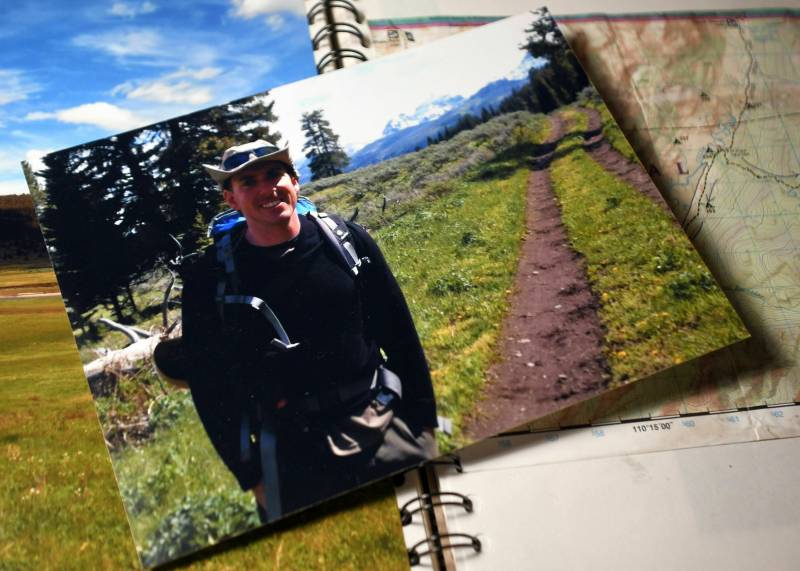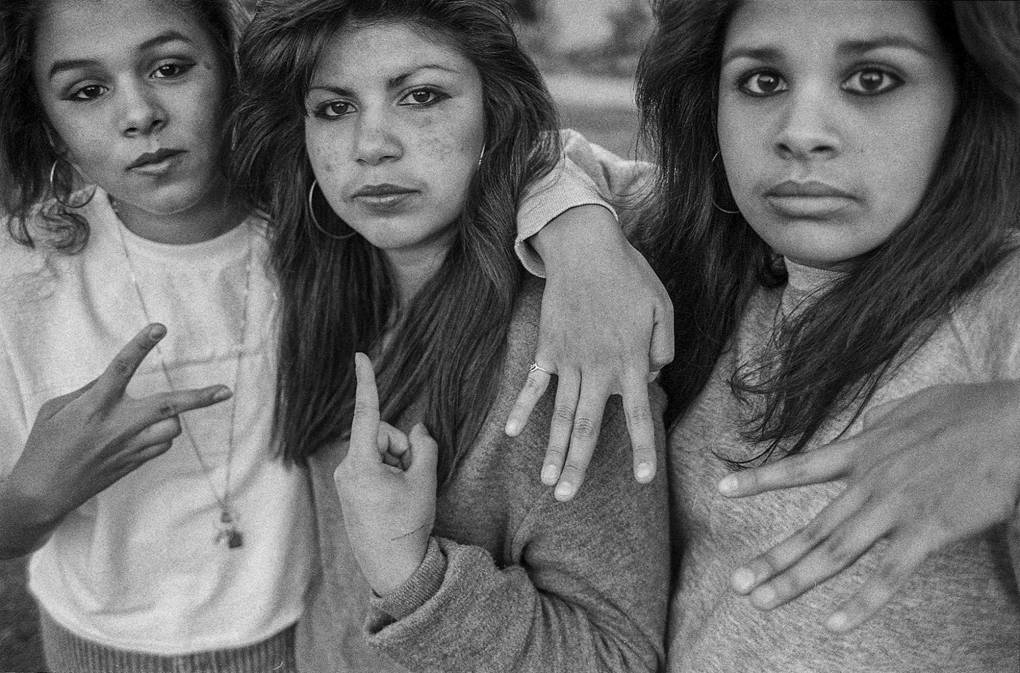The ACLU’s Jay Stanley thinks despite these stumbles, the program clearly shows the potential power of AI.
“The fact that this was done as a student project makes you wonder what could be done by, for example, Google,” he says.
Google already has a feature known as “location estimation,” which uses AI to guess a photo’s location. Currently, it only uses a catalog of roughly a million landmarks rather than the 220 billion street-view images that Google has collected. The company told NPR that users can disable the feature.
Stanley worries that companies might soon use AI to track where you’ve traveled or that governments might check your photos to see if you’ve visited a country on a watchlist. Stalking and abuse are also obvious threats, he says. In the past, Stanley says, people have been able to remove GPS location tagging from photos they post online. That may not work anymore.
The Stanford graduate students are well aware of the risks. They’ve written a paper on their technique, which they co-authored with their professor, Chelsea Finn — but they’ve held back from making their full model publicly available precisely because of these concerns, they say.
However, Stanley thinks using AI for geolocation will become even more powerful going forward. He doubts there’s much to be done — except to be aware of what’s in the background photos you post online.


